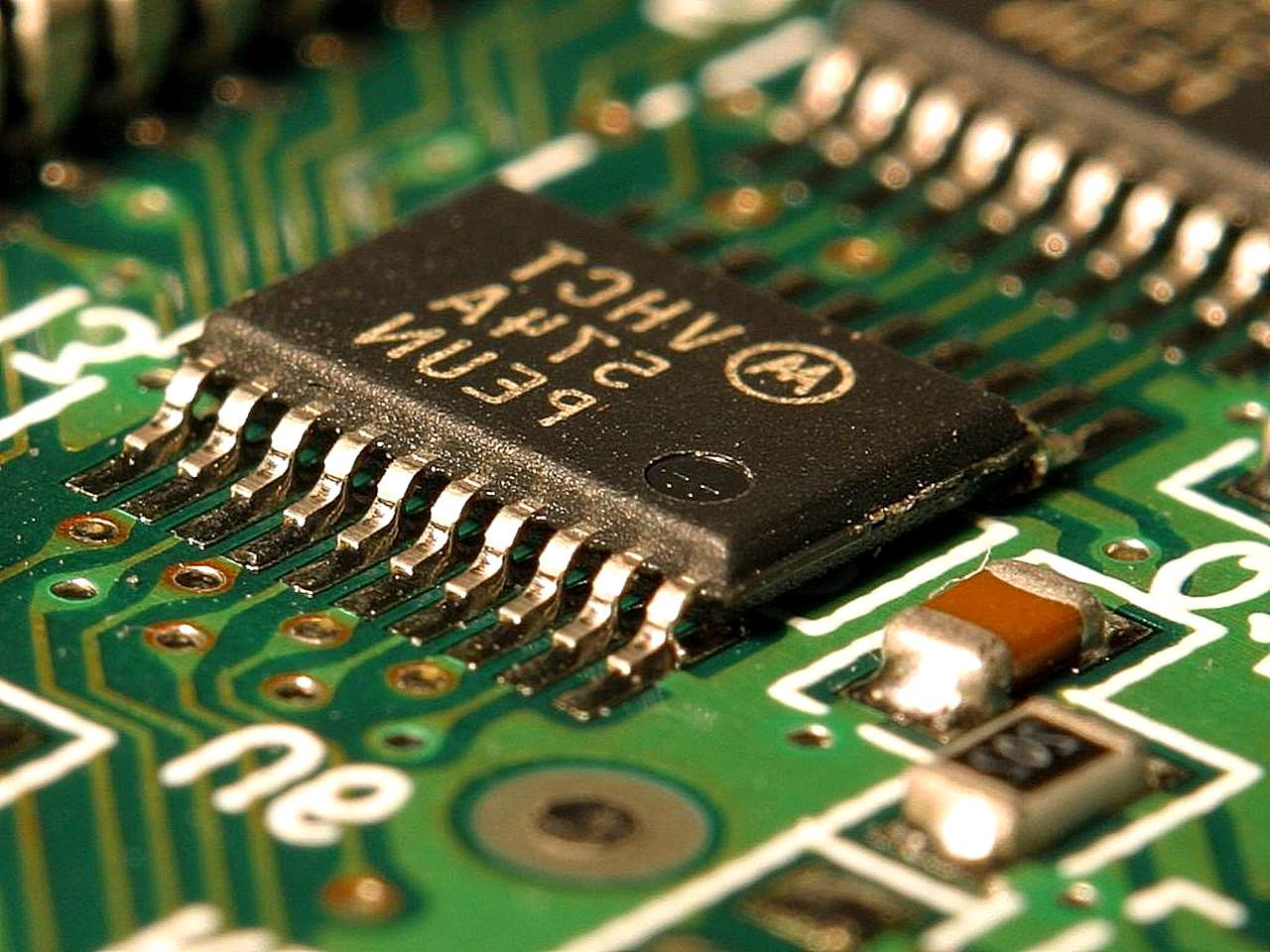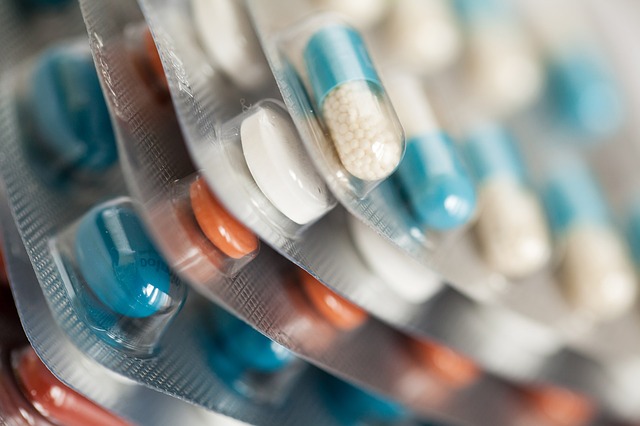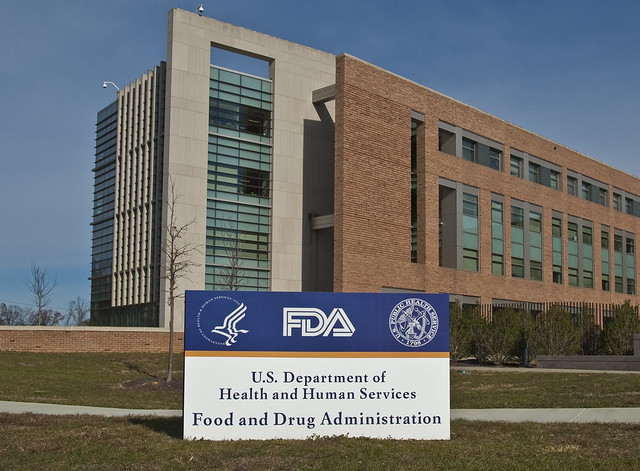An interesting trend is sweeping the world of healthcare – the rise of the machines technology.
CRISPR is the one I talk about on here quite a bit because, well… it’s genetic.
Two other pieces of tech that have caught my eye recently are the “Smart” pill bottle and an A.I. Death Predictor (colloquially called WAVE).
I’m all for using technology to make a patient’s life a little easier, but I think we’re starting to push the limit a bit (especially since the smart pill bottle doesn’t actually achieve its designed goal).
On the surface, the smart pill bottle looks like it’s supposed to make things easier for the patient by reminding him or her to take medication at a pre-determined time, or track if a medication is taken. One of the researchers of the above-mentioned study, Dr. Niteesh Choudhry, says that half of prescribed drugs are not taken, and the “result is at least 100,000 preventable deaths each year.”
A smart pill bottle, which is connected to the Internet, can function in different ways.
From NPR:
[one] pill bottle [had] toggles to mark whether [patients had] taken their medication that day…or a digital cap that functions like a stopwatch. It starts counting each time you open it so you can see how long it’s been since you last took a pill.
Other pill bottles, “can send email and text message reminders to take pills, or even alert a caregiver if, say, an elderly parent forgets to take medication.”
The idea is nice, but I’m not sure I need big brother knowing whether or not I am taking my medications. I’d especially be concerned if the data around my “compliance” was getting back to the agency reimbursing me for medication costs. The particular tech, to me at least, looks like a blanket that doesn’t have room for exceptions. There are plenty of times when I am told by the care either to hold or skip certain medications based on different symptoms. To that end this kind of tech can lead to the end of stockpiles.
I’m not saying stockpiles are a good thing (and appropriate for everyone), but it’s nice to have a few extras if I end up finding myself in the middle of a prolonged power outage, natural disaster or situation where there is a medication shortage from the supply side. Stockpiles are necessary to an extent for people with chronic illness.
I think I’ve certainly proven myself to be an incredibly compliant patient when it comes to taking my medications as prescribed (I probably missed fewer doses than I can count on a single hand during my entire time in college), but I remain hesitant to sign myself up for a smart pill bottle – I don’t need everyone knowing when (and how) I am taking my medications.
The other concerning tech, recently approved by the FDA, is the death predictor machine (WAVE). I guess to be fair…… it’s not concerning yet…..
Let me explain.
Similar to the smart pill bottle, WAVE is designed to “prevent unexpected deaths” (the pill bottle is supposed to prevent compliance related deaths, but deaths nonetheless). According to the maker, Excel-Medical:
The WAVE Clinical Platform is an always-on remote monitoring platform that displays near real-time clinical views of physiologic and medically relevant data including waveforms and alarms for at-risk patients across hospital workstations, mobile devices and inside electronic medical records. WAVE automatically calculates risk, giving an at-a-glance early warning of patient deterioration up to six hours in advance of when clinicians would otherwise notice…
WAVE is basically an algorithm that uses real time data (vitals, medical history, etc.) to predict a patient’s death up to six hours before he or she actually dies, allowing the care team to take preventative steps (or prepare the patient and his family for the inevitable).
As it stands this thing is pretty cool, and could make a huge impact in the world of healthcare (prolonging life is a good thing!), but where does it end? I was riding the WAVE (laugh with me one time!) until I read about it yesterday on ZeroHedge, where they proposed the question:
…what happens when the technology progresses to 12-hours, and or even days in advance of your death. How will the human psyche process such knowledge?
How long before the same A.I. can predict your sudden death a few years out? …and decide whether you’re worth keeping around?
Troubling to say the least. The optimist in me really believes that this technology is designed to prevent death, not say, “well this guy has no chance…” The reason it concerns me, though, is that predicting a person’s death (much like tracking a patient’s compliance) places a valuation on a life. Is this person worth saving (or worth spending money on)? I hope so…. I’d like to know who decides that… I’d hate to see a world where we fail to pay to keep someone alive.
Is that already happening, though?
What do you think? Is technology crossing the line… are you ready for smart pill bottles and AI that can tell you when you’re going to die?





